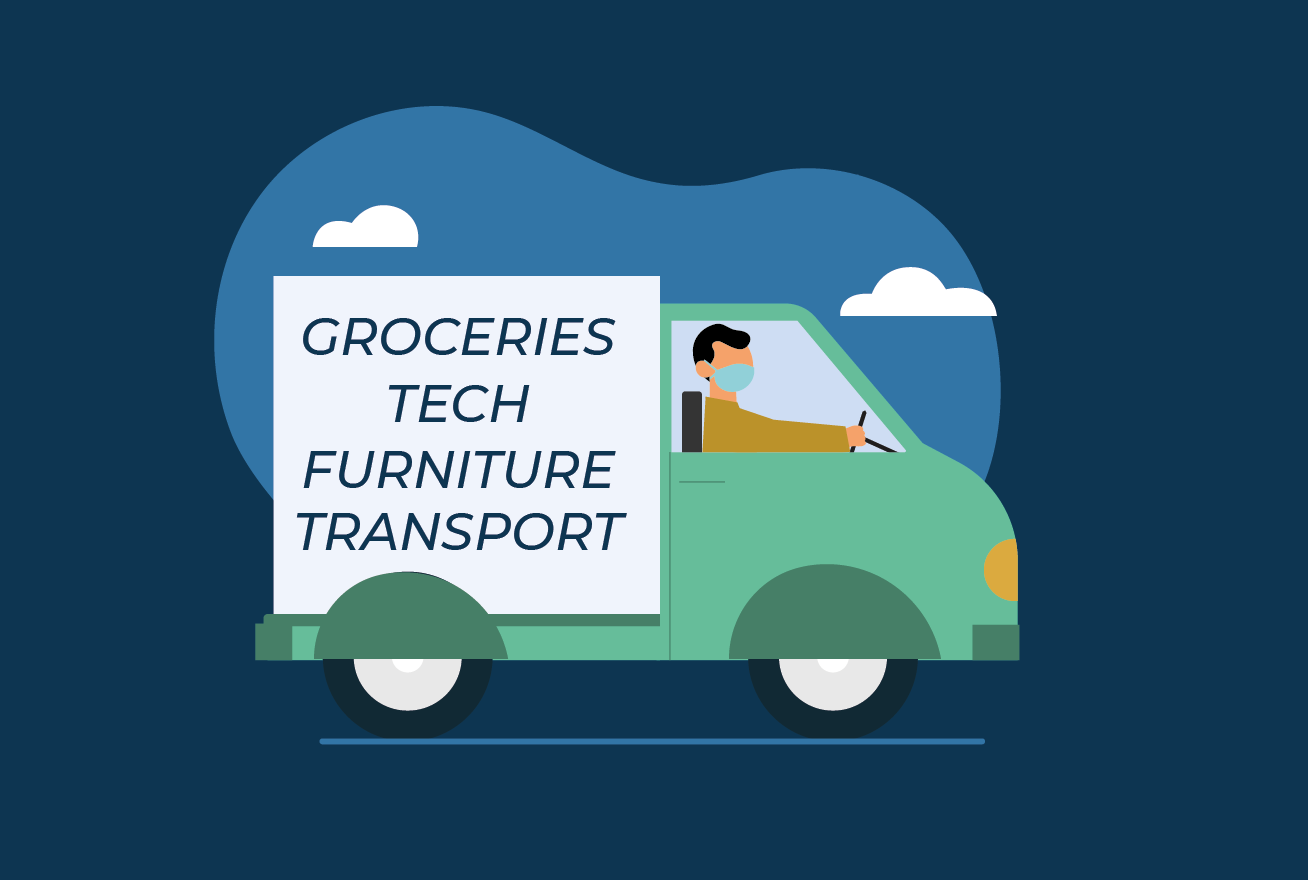COVID-19 has been devastating, but it has also been a learning experience for our education system, businesses, and society. Below, our Head of Education, Nico Kruger, outlines the biggest lessons we’ve learned about the explosion of digital transformation, the importance of education models that aren’t locked in the past, and smarter, more agile strategies to keep business competitive.
In this final part of our series examining our biggest lessons from COVID-19, we reveal the third key lesson we’ve learned in the past 6 months: that business isn’t what it used to be. Times have changed, and the markets have been obliterated by global lockdowns; there simply isn’t the luxury to put off or downplay the importance of changing your business to be more agile, proactive, and in line with the modern, all-digital post-COVID world of work and play.
The devastating effect of the lockdown on business has been very clear
Cancellations, cutbacks, work hour reductions, partial pay, furloughs, and retrenchments are sweeping the economic landscape. With all these challenges threatening the livelihoods of thousands of career professionals, and so many companies embracing a ‘new normal’ of remote calls, zoom meetings, and digital services, many are considering switching careers to tech.
According to Statistics SA, the official unemployment rate increased from its already 11-year high to 30.1% in the first quarter of 2020. Rising unemployment has been a grave issue for over a decade, but with the devastating effect of COVID-19 and the restrictions introduced to curb its spread, it will only get worse. Between 1.5 million and 3 million jobs losses are thought to have been lost during our extended lockdown, a horrendous outcome that could increase our official unemployment rate to as high as 50%. While these numbers still aren’t 100% clear, the economic devastation is: the economy shrank 16.4% between Q1 and Q2 of 2020, a terrible blow that could end up cutting our economy in half if this pattern continues for the rest of the year.
In this meltdown, people are seeing their industries coming to a standstill, and making the big decision to switch to a whole new career path.
Since the lockdown began, we’ve been helping an increasing number of students navigate these changes. The industries they worked in were giants, which have for years been dependable jobs providers that were seemingly far too big and far too crucial to global trade and entertainment to fail. Take Bettina, for example, who worked in the film industry, or Natasha, who worked in the seemingly unstoppable Oil and Gas industry. These are just two people who understand that security and career growth have shifted from the old dominant industries, to the quickly expanding tech sector.
Tech has been a central part of stabilising business and society in the wake of COVID-19’s global shockwave. It is being increasingly recognised and embraced by job seekers as a way to cement vital and in-demand tech skills, as thousands of companies adopt rapid digital transformation to keep their services operating.
Business: innovate or die
As lockdown forced businesses to cease physical, brick-and-mortar activity, it was clear that businesses needed to adapt or die. Digital storefronts and online services, functional and reliable websites, remote work, online advertising are now mandatory tools for survival. In this new business environment, trained tech professionals, ICT resources, and digital skills development in the workforce are non-negotiables. Businesses should focus on removing barriers between their services and the customers’ wallets; and this means one thing: tech education.
“This is a time when it becomes clear to see which companies are truly agile and set up to be remote-first in this new future of work.”
For many businesses that were more traditional or had processes that weren’t set up to be remote, it has been tough. What we hear from friends, family and employees who work at certain businesses is that remote work has brought its own challenges for them such as the infrastructure needed for employees to go remote, or issues in translating old-school work processes to virtual workflows, or some traditional managers’ discomfort with remote work and hence their need to micromanage.
This is a time when it becomes clear to see which companies are truly agile and set up to be remote-first in this new future of work. I’m happy to share that, for our company, we actually saw an increase in the levels of happiness, satisfaction, and work-life balance reported by employees as part of our bi-weekly pulse surveys during the past five months, which have generally been stressful all around the world. I think that’s a reflection of how quickly we were able to adapt as a business and support our employees in working remotely through a variety of measures, from assistance with mobile data to virtual fitness sessions and support groups for people to share what was on their mind.
For both employers and job-seekers, the choice is simple: learn these important lessons from COVID-19 to secure your future, or go bust.
For us as an ed-tech provider, the new normal of digital services, remote work, and huge demand for software and technology systems have made coding skills more crucial than ever. Our specialised coding bootcamps teach people the skills they need to have to get working in the tech industry in less than 6 months. They get 1-on-1 mentorship and expert code review, with all the career support they need to get started in their tech career. Plus, we offer a free trial that offers all the beginner essentials to get future coders started.
And we’re looking for talented people who care about accessible tech education, and want to help people create better lives for themselves through rewarding tech careers. If you think you’d be a great fit in our home-grown start-up that’s making a global impact, please visit our careers page to see what opportunities await you at HyperionDev.


